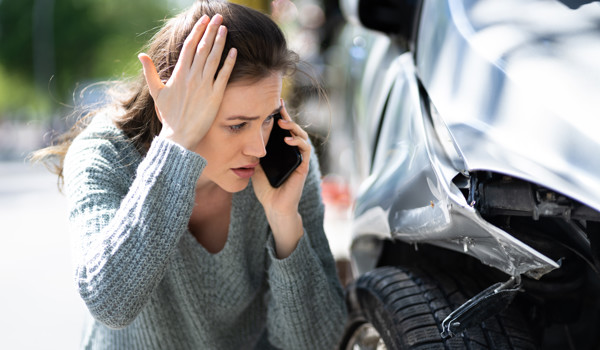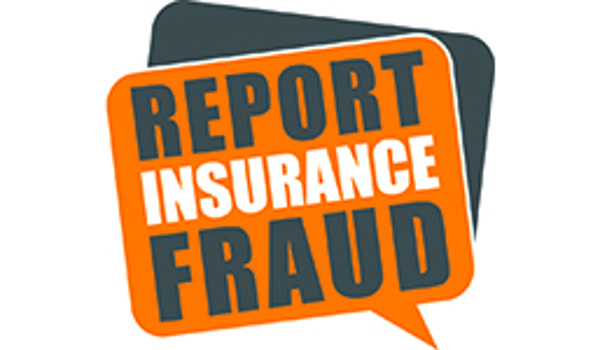Paid Ad Spoofing Scams
In a hurry to contact your insurer? Be vigilant when searching for insurance details online. Scammers are deliberately using search engine ad results to mimic insurers, and trick victims into contacting them!
Findings show just one in five people (18%) have heard of paid ad spoofing scams, and with millions using insurance services each day, countless people are at risk.
The consequences? It could cost you thousands! Take a moment to find out how you can protect yourself and help spread the word.
How the scam works and what are the consequences?
A paid ad spoofing scam is when a claims firm pays for a search engine ad result which shows up when you look up your insurer. The ads are similar in style to that of a real insurer and are more likely to appear in mobile phone searches, to encourage you to call through quickly.
On the phone, the firm may use phrases to sound like the insurer or to imply they’re affiliated with them. You might be asked personal details to receive ‘support services’ such as a replacement vehicle, and potentially make a claim, which can result in unsolicited third-party agreements.
While anyone can fall victim, those who have been in a road traffic collision are most at risk as they may be shaken after an accident and not thinking as clearly when looking to make a claim. Victims may also believe their fully-comp motor insurance covers everything, but as they don’t know they’re not talking to their insurer, they’ll be signing up to more and more costly services!
Who pays depends. If the other driver is at fault, the firm will claim against your insurer to recover the costs of its unsolicited services. In these cases, you may not realise you’ve been linked to a scam. Or, if the other insurer doesn’t believe all the charges as justified, then you could still face some costs.
However, if the other driver is not at fault of the collision, the onus is placed on you to cover all costs that otherwise could have been included with your insurance policy. These fees can run into tens of thousands of pounds and can result in non-stop threatening calls from third parties!
How to protect yourself
- Is it an ad?
Does it have the word Ad or Sponsored next to the search results? It is unlikely that your insurer will be advertising their emergency services or contact details, so take a moment and scroll down past the ads to the actual search results. - Verify the website:
Always double-check the website URL before entering any personal information. Legitimate car insurance websites will have secure, verified URLs, often starting with "https://" and featuring a padlock icon in the address bar. - Save details in your phone:
For important phone numbers (like your insurers accident line) - have these saved in your phone, so you're not desperately searching for them when in need. - Use official apps:
Whenever possible, use official mobile apps provided by your insurance company. These apps are generally more secure than browsing through a web browser. - Educate yourself:
Stay informed about common online scams and phishing techniques. Awareness is your best defence against falling victim to spoofed ads. - Install security software:
Use reputable antivirus and anti-malware software to protect your devices from malicious software. Keep these programs and your operating system updated to ensure optimal security. - Report suspicious ads:
Report any suspicious or misleading ads you come across to the CheatLine and the respective platform (such as Google or Facebook). Reporting helps in taking down these deceptive advertisements.


